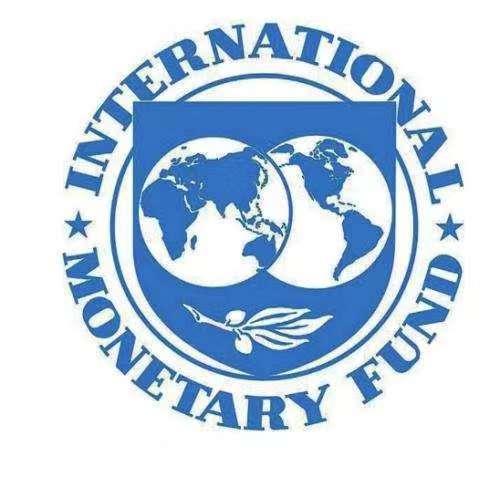Date
16/09/2019-
29/10/2019
Location
Yangzhou,People's Republic of China
VAT/GST has now been implemented in over 160 countries (including China and many Asian countries) across the world where it raises on average one fifth of the total tax revenue and still more countries are adopting it. Countries that operate VAT/GST are implementing or considering fundamental reform to improve the revenue raising capacity of the tax and to adapt it to the context of the booming digital economy. This is a key priority for the OECD to actively support countries in this exercise. Most international trade is now subject to VAT/GST and the interaction of national regimes can potentially have a major impact in either facilitating or distorting trade. Against this background and facing risks of under-taxation or double taxation the OECD has developed, with input of non-OECD economies, businesses and academia, the International VAT/GST Guidelines (the Guidelines), which provide an internationally agreed standard for applying VATGST to cross-border trade. These Guidelines were endorsed by over 100 jurisdictions and international organisations worldwide at the Global Forum on VAT in November 2015 and have been adopted as a Recommendation of OECD Council in September 2016. The Principles of the Guidelines were also welcomed by G20 Ministers in 2015 as part of the BEPS Action 1 Report on the challenges of the Digital Economy. They were completed in October 2017 with a guidance report on mechanisms for the effective collection of VAT/GST where the supplier is not located in the jurisdiction of taxation. They have now been implemented in more than 50 countries (including China). This workshop will include interactive sessions on the operation of the Guidelines and their actual implementation in different legislative frameworks: Australia, the European Union and [country TBD]. It will also discuss VAT/GST design and operation issues in a number of specific areas of interest, including • How to deal with the booming digital economy • How to enhance compliance, in particular when the supplier is not located in the jurisdiction of taxation. This includes best practices in simplified registration system and the role of e-commerce platforms in the collection of VAT/GST • The VAT/GST taxation of imports of low-value goods • VAT/GST Neutrality principles, including VAT/GST refunds to foreign businesses • Tax administration issues, including cooperative compliance, compliance management and fraud issues. • Emerging issues in the sharing economy • Possible other VAT/GST policy issues i.e. exemption of financial services and split payment and withholding VAT/GST collection mechanisms. These issues will be illustrated by case studies where participants will discuss the way these are dealt with in their countries.

 Search
Search






